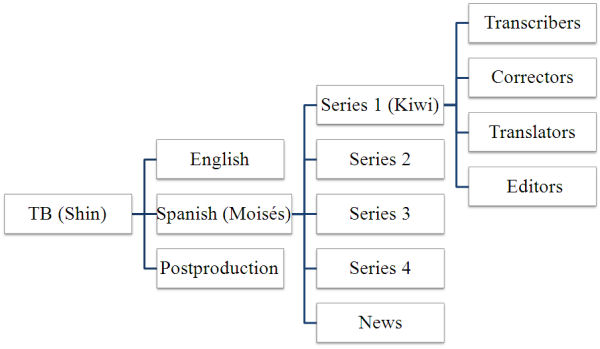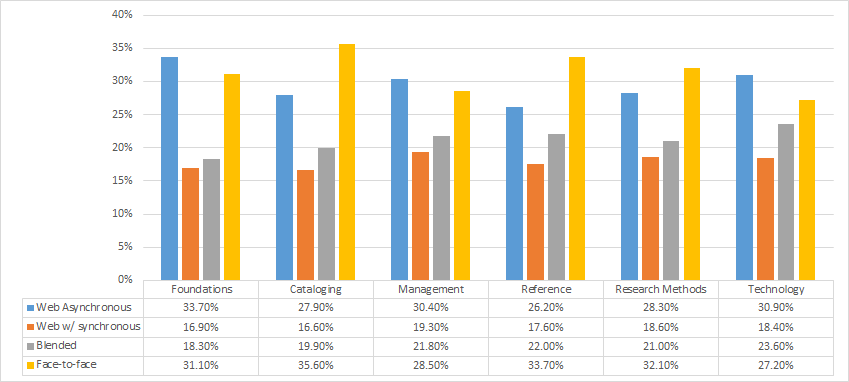Fansubbing from Spanish to Chinese: organization, roles and norms in collaborative writing
Objective. This paper documents and analyzes how the members of an online community of fansubbers collaborate to subtitle Hispanic series and films in Chinese. In order to understand how this community organizes itself on the Internet to satisfactorily complete such a complex multimodal and multilingual process, the paper focuses on the community members’ roles and chain of production, the virtual spaces in which they work, their self-regulation strategies and the ethical issues they face.
Methodology. The authors used qualitative content analysis and discourse analysis of a corpus composed with the help of netnographic techniques, including semi-structured interviews, participant observation and field notes.
Results. The community was found to have a hierarchical structure, where a small group of managing members coordinated the others, who completed different tasks (e.g., transcription, synchronization, translation) in the overall collaborative project. The community took advantage of existing virtual spaces (e.g., official forums, social networks, online chats) to organize and promote its work and to develop a complete system of self-regulation, from recruitment to further training and evaluation with performance management. The authors conclude that fansubbers are cautious volunteers who make their own rules to protect and legitimize their community, which consists of freelance translators and technicians who are amateurs but who take their work seriously. These volunteers collaborate efficiently on the Internet, maintaining strict quality standards in their subtitling, and are supported by active audiences. Empowered in the digital age, this community is revolutionizing traditional modalities of reading and writing, recreating media products in an original way to meet the emerging needs of viewers



